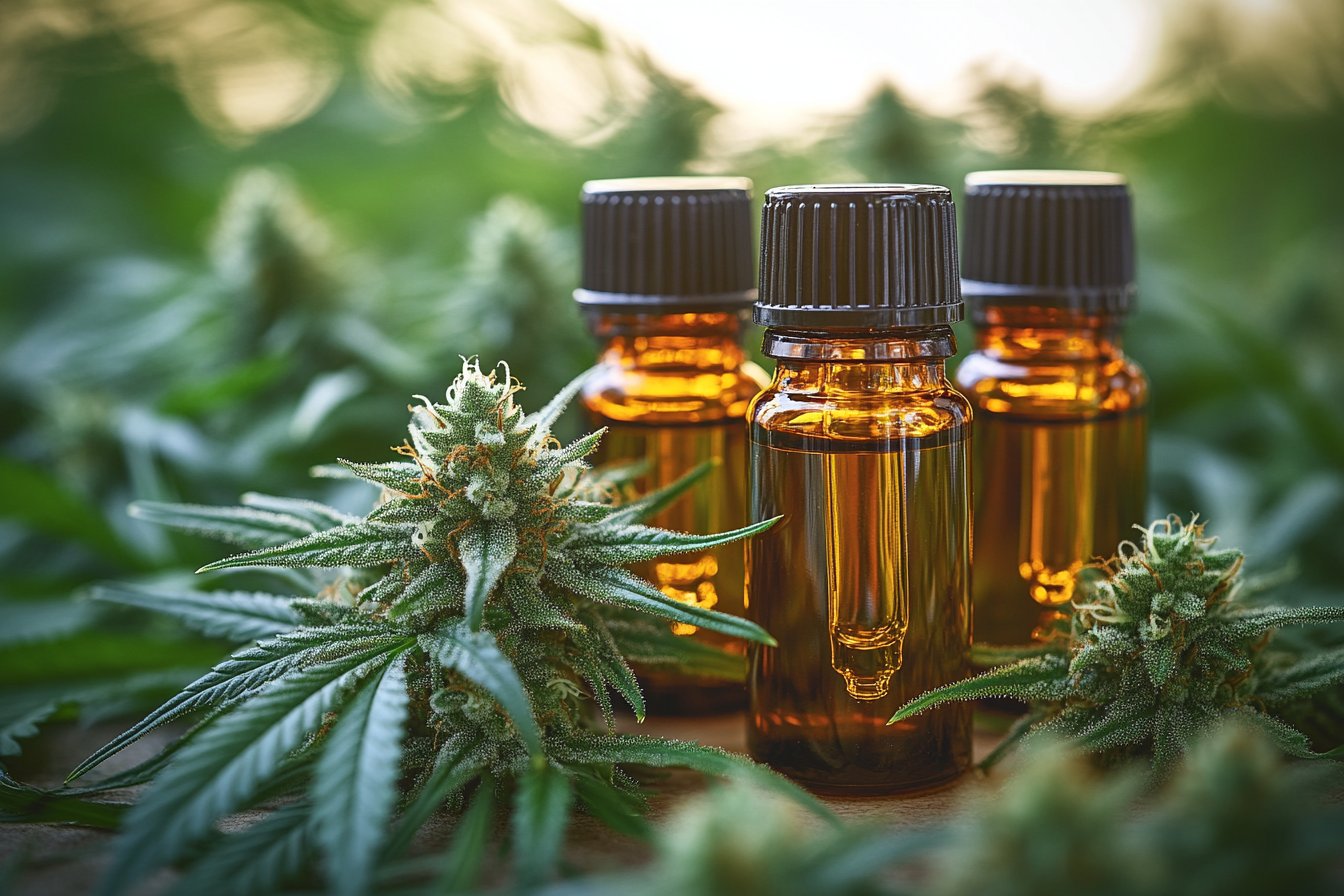Using CBD oil can offer various health benefits, but for those working in industries with strict drug testing policies, it’s crucial to understand its implications. While CBD itself is non-intoxicating, the presence of even trace amounts of THC, the psychoactive component found in cannabis, could potentially affect drug test results. In this article, we’ll explore how different types of drug tests work, how CBD oil can impact these tests, and what precautions you should take if you’re using CBD oil in Australia.
Drug testing methods in Australia
Drug testing is a common practice in Australian workplaces, especially in sectors where operating heavy machinery or performing safety-critical tasks is involved. Various types of drug tests are employed, each with its detection capabilities and timelines for THC metabolites. Understanding these methods can help you navigate the complexities of using CBD oil without risking a positive drug test result.
Urine tests: Urine tests are the most frequently used method for detecting THC. THC metabolites can be present in urine for 3-15 days after a single use. For regular users, this detection window extends up to several weeks. Given their widespread usage, urine tests pose the highest risk for those consuming CBD oil that might contain traces of THC.
Blood tests: Although less common than urine tests, blood tests can detect THC within a short timeframe. THC is usually present in blood plasma for only around five hours but its metabolites can linger for up to seven days. The brief detection period makes blood tests less concerning but still relevant for frequent CBD oil users.
Hair tests: Hair testing is rarely used but can detect past THC usage over an extended period. Although specific cut-off values are not firmly established, some private tests use thresholds around 1 pg/mL of THC-COOH. Hair tests screen for long-term use rather than recent consumption, offering a unique challenge for those who regularly consume CBD products.
Types of CBD products and their impact on drug tests
CBD products come in various forms and compositions, which play a crucial role in whether they may affect drug test outcomes. Recognizing the differences between full-spectrum, broad-spectrum, and isolate CBD can help you make informed decisions regarding product choice.
Full-spectrum CBD: Full-spectrum CBD includes all compounds naturally found in the cannabis plant, including cannabinoids, terpenes, and flavonoids. Typically derived from marijuana, which has higher THC levels compared to hemp, full-spectrum products carry a greater risk of triggering positive drug test results. Even though hemp-derived full-spectrum products legally must contain no more than 0.3% THC, cross-contamination or mislabeling issues can increase the chances of THC detection.
Broad-spectrum CBD: Broad-spectrum CBD offers many of the same benefits as full-spectrum, but with one significant difference: little to no THC presence. This characteristic makes broad-spectrum products a safer option for people subject to stringent drug testing, as the likelihood of a positive result decreases substantially. However, it is essential to source these products from reputable manufacturers to ensure minimal THC content.
- Isolate CBD: Isolate products contain pure CBD without any other cannabinoids, terpenes, or flavonoids. Since they lack THC entirely, isolate CBD is the safest choice for avoiding THC-related complications during drug testing. However, they might miss out on the entourage effect provided by other hemp compounds present in full- or broad-spectrum products.
Tips for using CBD oil safely in Australia
If you use CBD oil and face regular drug tests, taking necessary precautions can minimize potential risks. Here are some practical steps to consider:
Choose high-quality products: Opt for products from reputable brands that provide third-party lab testing results. These certificates of analysis (COAs) confirm the THC content and assure the product meets legal standards, thereby reducing the risk of contamination and mislabeling.
Use CBD oil in moderation: Limiting your intake of CBD oil can help avoid accumulating high levels of THC in your system. Occasional use is less likely to yield detectable THC metabolites in drug tests.
Understand your workplace’s drug testing policies: Discuss CBD oil use with your employer or HR department to comprehend the company’s stance on CBD products. Knowing the specifics of workplace drug policies can guide you in choosing suitable CBD products and intake frequencies.
While navigating CBD oil use alongside drug testing obligations may seem daunting, understanding the nuances and making informed choices significantly mitigate the risks. By focusing on high-quality products, opting for broad-spectrum or isolate CBD, and staying aware of your workplace testing policies, you can safely enjoy the benefits of CBD oil without jeopardizing your professional responsibilities.

I’ve been browsing online more than three hours today, yet I never found any interesting article like yours. It is pretty worth enough for me. Personally, if all website owners and bloggers made good content as you did, the internet will be much more useful than ever before.